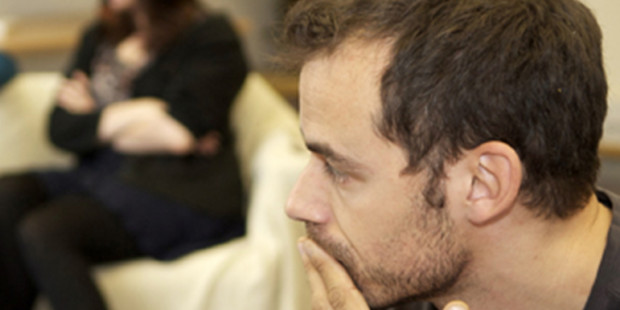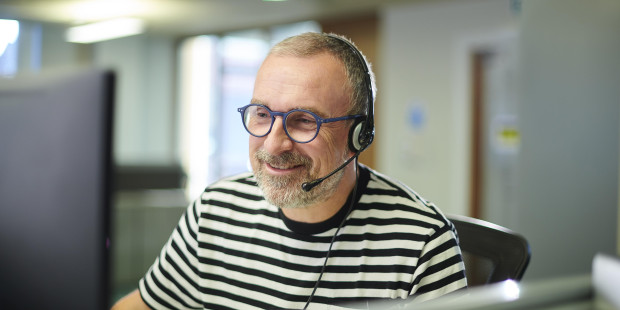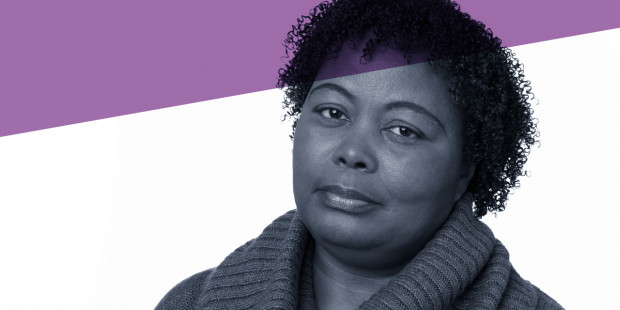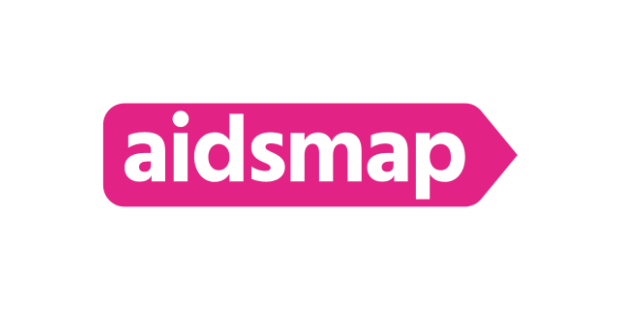We can all suffer from low self-esteem or experience self-confidence problems at times in our lives, but if you’re living with HIV you're more likely to struggle with these.
How can my HIV diagnosis affect my mental health?
If you've experienced low self-esteem, anxiety or depression before your HIV diagnosis, receiving your diagnosis may have made your symptoms worse.
Even if you've enjoyed good mental health, an HIV diagnosis can still cause shock and trauma, and often requires some adjustment.
Worries about your future, health, body image and telling people that you're HIV positive are all common. Feeling ashamed or guilty about your HIV status can stop you from taking an active role in society, isolating you and preventing you from living a full and enjoyable life.
Stigma and lack of understanding around HIV can be demoralising, and media stories can be both positive and negative. This can lead to a constant reminder that you're now ‘different’ in some way.
What are the long-term consequences of low self-confidence?
When you’re low on self-confidence, you can feel trapped and unable to progress with your life. Your energy decreases and your mood is affected.
Perhaps you feel that your life isn’t worth investing in or that you simply don’t have the ability, money or looks to achieve what you think others have managed to do.
Social media can add enormous pressures, especially for younger people, who may also be experiencing cyberbullying.
Self-confidence can also impact upon your relationships with others and you may not feel confident enough to discuss your HIV status with anyone. It's really useful to think carefully about telling others about your status and decide who will be most supportive and at what time.
Difficult feelings are perfectly normal, but if you can find a way to overcome them and improve your self-esteem, you’ll be happier.
You’re also likely to be healthier as you take control of your life and what you want out of it.
What can I do to become more confident?
If your lack of self-confidence is preventing you from talking about your HIV status with your loved ones, it could be useful to explore ways to better adapt to your situation.
Talking and socialising with your friends and family can be a good way to boost your confidence.
If you're on your own or don’t have close family or friends, seeing a registered counsellor or psychotherapist can really help to make sense of what has happened in your past and to make some decisions about the present.
Taking some time to look at all of the things you’ve achieved and the problems you have overcome is a good starting point to give yourself a lift.
You could also try making contact with support groups for people living with HIV. These can be a good place to talk in safe surroundings with like-minded people. Workshops that aim to give you skills to boost your confidence and self-esteem could also be useful.
Joining My Community, a free online space for people living with HIV to connect, can help you to feel supported by others who've been through the same things.
How to improve your self-esteem
1. Think about when you did something new for the first time
Learning something new often goes together with feelings of nervousness, lack of self-belief and high levels of stress – but these feelings are all normal, and are a crucial part of the learning process.
The next time you feel under-confident, try to remember the last time you did something new: when you started a new job, joined a class or built up the courage to go to the gym for the first time. Remembering this will remind you that it's perfectly normal to feel stress or think you're less than capable when learning something new.
2. Do something you've been procrastinating about
Phone or write to a friend, clean the house, tidy up the garden, mend your bike, organise your bills, make a tasty and healthy meal – do anything that involves you making a decision, committing to it and then completing the task.
The sense of accomplishment you will feel is a building block to greater self-confidence and esteem.
3. Do something you're good at
Swimming, running, hiking, dancing, cooking, gardening, climbing, painting, writing... If possible, it should be something that holds your attention and requires enough focus to get you into that state of 'flow', or relaxed concentration, where you forget about everything else. You'll feel more competent and capable afterwards.
Seriously consider doing something like this at least once a week. People who experience 'flow' regularly seem to be happier and healthier and find it easier to focus on a task.
4. Do something for others
Low self-esteem is often accompanied by too much negative focus on the self. Doing something that absorbs you and holds your attention can quickly make you feel better.
Helping others is a great way of shifting your focus into a more positive direction. Consider volunteering with us – we'd be happy to have you!
5. Learn to relax
Some people do this by exercising, others by involving themselves in something else that occupies their thoughts, like reading or watching television.
Being able to relax whenever you want is a fantastic life skill. Learning to practise mindfulness meditation or a physically-based relaxation technique such as gentle yoga can be incredibly useful.
Our online counselling can be a good place to learn healthy new habits and skills with like-minded people.
More help with self-esteem
Find a peer support group: call THT Direct on 0808 802 1221 for a referral, or use our Service Finder.
Talk to one of our online counsellors.
We have a range of living well support including online events and peer support for people living with HIV.







